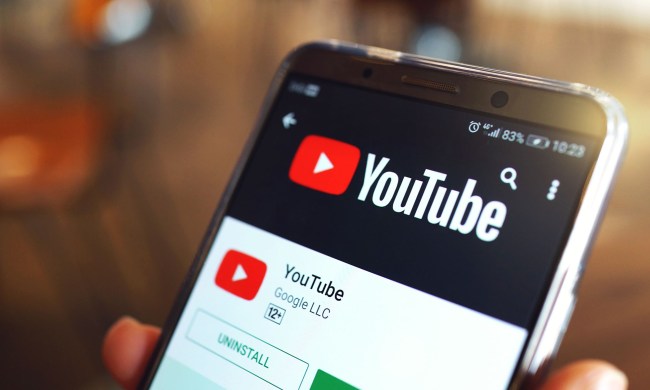YouTube announced further steps it plans to take toward reducing the amount of harmful content published on its site.
The video-sharing site published a statement on Wednesday, June 5, that outlined its plans to remove “more hateful and supremacist content” from its platform. Specifically targeting hate speech, the statement went on to say that YouTube’s updated video removal policy will include “prohibiting videos alleging that a group is superior in order to justify discrimination, segregation or exclusion based on qualities like age, gender, race, caste, religion, sexual orientation or veteran status. This would include, for example, videos that promote or glorify Nazi ideology, which is inherently discriminatory.”
In addition to removing videos that feature supremacist views, YouTube also intends to remove videos that deny the existence of “well-documented violent events, like the Holocaust or the shooting at Sandy Hook Elementary.” The video publishing platform also said it would crack down on videos claiming the Earth is flat or promising miracle cures for diseases.
YouTube’s updated policies also include reducing the spread of content it deems “borderline” or more specifically, content that generally contains harmful false information such as “videos promoting a phony miracle cure for a serious illness, or claiming the earth is flat.” But instead of removing borderline content, YouTube is opting to use a different approach to reduce the number of views borderline videos receive. Specifically, a system update that limits recommendations of that content in the first place. The system update was tested in the United States in January and YouTube intends to bring the update to more countries by the end of this year. YouTube also plans to increase the recommendations for content created by authoritative sources, like trusted news organizations.
YouTube also intends to intensify the enforcement of its existing policies regarding channels that repeatedly violate the updated hate speech policies. YouTube will suspend channels that violate the hate speech policies from the YouTube partner program, effectively removing their ability to run ads on their own content and bans them from using other monetization features.
The enforcement of YouTube’s updated anti-hate speech policy will begin June 5, but YouTube warns that it may take some time for its systems to catch up to the new policy changes. Users can expect the enforcement of YouTube’s new policies to take place as a gradual shift “over the next several months.”


